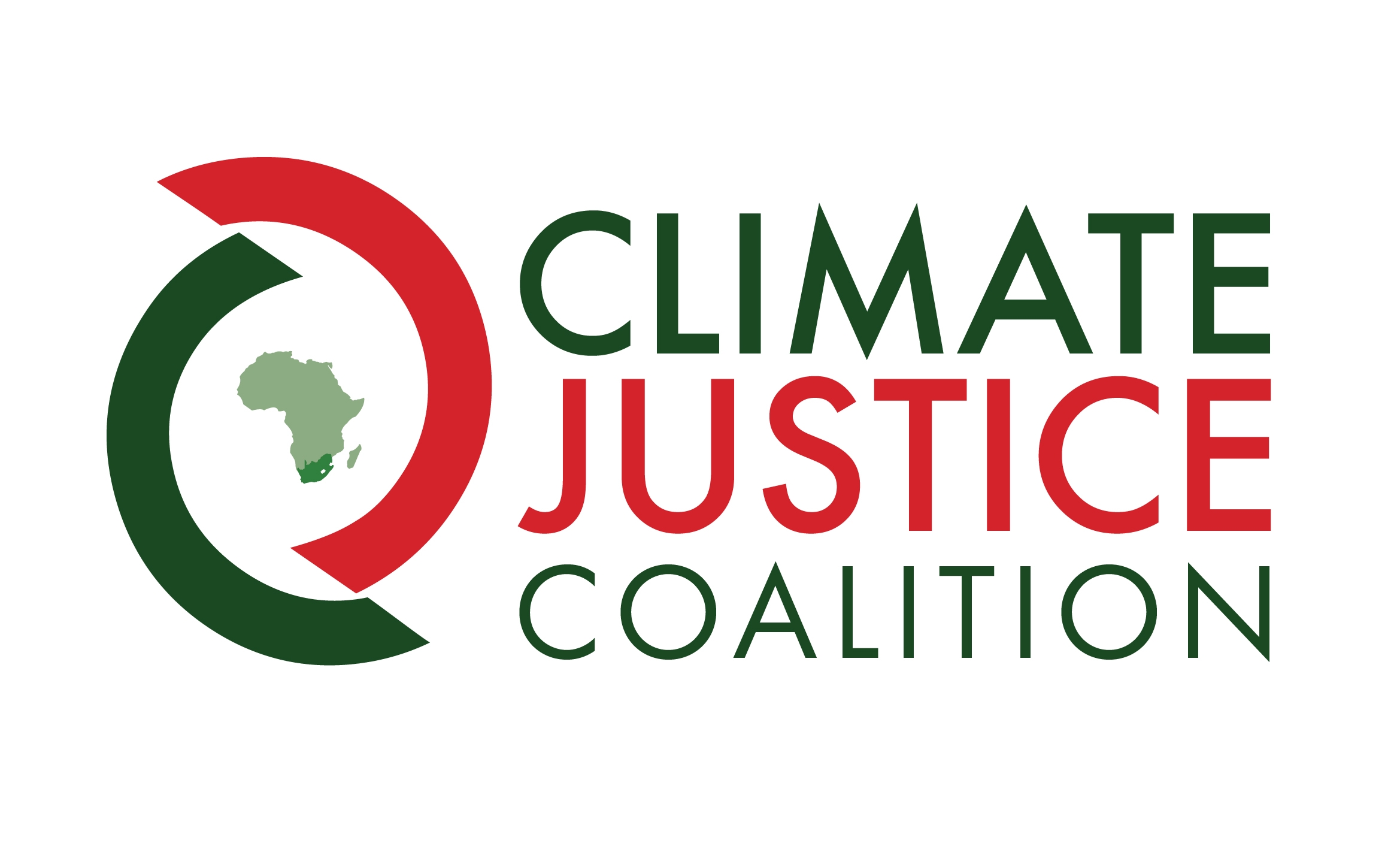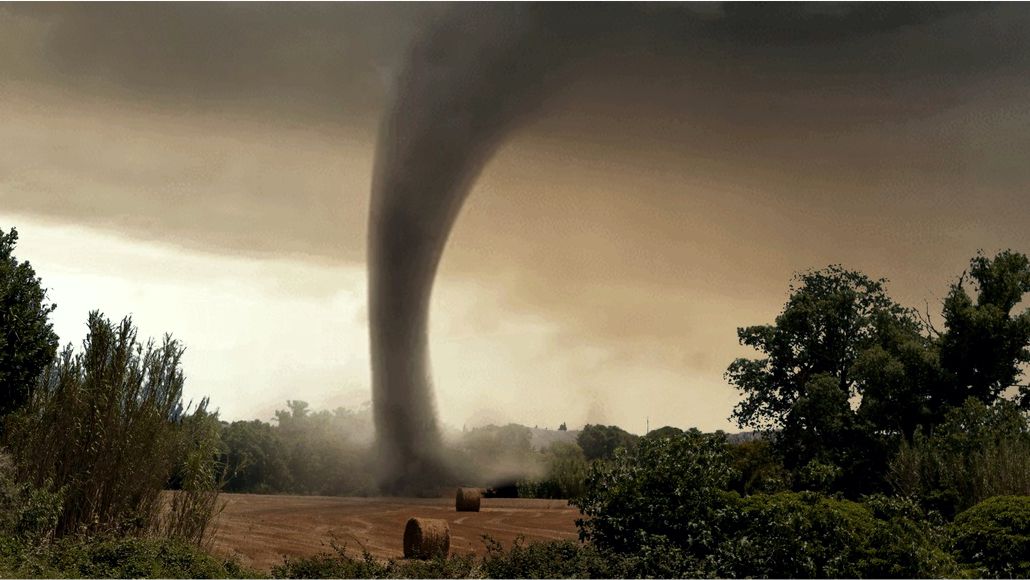The CJC stands in solidarity with the victims of #CycloneFreddy, calls for urgent climate action
23 March 2023
[South Africa] The Climate Justice Coalition (CJC) stands in solidarity with our neighbours in Malawi, Mozambique and Madagascar who have been devastated by Cyclone Freddy. It is deeply unjust that those who have contributed the least to the climate crisis are bearing the brunt of it.
Cyclone Freddy has surged through southern Africa since last February, intensifying a record seven times over, the highest accumulated cyclone energy. Floods and mudslides, triggered by the heavy rains, have killed almost 500 people in Malawi, Madagascar and Mozambique since the 11th of March.
Malawi’s President Lazarus Chakwera has declared a “state of disaster” in the country’s southern region and the commercial capital, Blantyre. Almost half a million people have been displaced in both Malawi and in Mozambique. Economic effects aside, the psychological and trauma effects of displacement and death are unprecedented. Recognising the need for the resilience of frontline sectors such as health and education, we support President Chakwera’s calls: “Once the rains subside we will need to help these families stand on their own two feet. We need roads, we need hospitals and schools. Otherwise we are in trouble”.
South Africa too is in two concurrent national states of disaster – one because of the persistent load shedding and the energy crisis and the other because of devastating floods and the climate crisis. The two are deeply interconnected because South Africa, as one of the world’s biggest polluters, is contributing to the climate crisis through its dysfunctional, highly coal-intensive energy system.
With these accumulated catastrophes, the region must take urgent climate action that seeks mitigation, adaptation and financing to enable a just transition. For the transition to be transformative, meaningful climate action must advance social, economic and environmental justice, and centre communities living at the intersections of multiple oppression and injustice.
While every country must do the work to avert catastrophic climate change, the African continent accounts for the smallest share of global greenhouse gas emissions at just 3.8% in contrast to the massive historical and present contribution of the Global North – although South Africa stands as an exception with its heavy contribution to the crisis.
As the perpetrators of the climate crisis, high-income countries must with speed comply with international climate obligations to provide technological and financial support to low and middle income countries. It is a moral responsibility for Global North countries to provide support in the form of grants and highly concessional loans, not as charity, but as reparations for past harms, and enable the most vulnerable countries to recover their loss and damages, and build adaptive and resilient systems for future climate hazards.
Climate change intensifies cyclones. As the earth becomes warmer, tropical cyclones will last longer. With tropical oceans getting warmer, regions such as the Mozambique Channel are also getting warmer, meaning conditions are becoming generally more favourable to maintain tropical cyclones. The latest Intergovernmental Panel on Climate Change (IPCC) Report warns that global warming this century will exceed an agreed 1.5°C limit without drastic and immediate cuts in greenhouse gas emissions. To remedy this, we must accelerate phasing out fossil fuels. The CJC’s Green New Eskom campaign calls for a rapid and just transition to a more socially-owned, renewable energy powered economy, providing clean, safe, and affordable energy for all, with no worker and community left behind in the transition.
As with the KZN floods, warnings about Cyclone Freddy were issued as it approached Malawi and Mozambique. In the short term, people have few options and limited means to respond. The long-term response is climate adaptation. Southern African governments must make climate adaptation a priority, and invest heavily in it, rather than leaving people vulnerable through austerity politics. People must be given a better life on safer land. Living along steep slopes where mudslides occur in informal housing renders them vulnerable to climate change.
Like any disaster, the climate crisis presents an opportunity for innovation, for transforming all aspects of society — how we make use of the land, how we build houses, grow food, transport goods, and power our economies. With cooperation between all sectors of society including government, businesses, academia, civil society and youth, we can create a green and just future, diminishing suffering and restoring the harmony between people and planet.
Issued by the Secretariat of the Climate Justice Coalition
ENDS
CONTACT: Shaazia Ebrahim comms@climatejusticecoalition.org | +27833202255
Notes to editors
About the Climate Justice Coalition: The Climate Justice Coalition is a coalition of South African trade unions, civil society, grassroots, and community-based organisations working together on advancing a transformative climate justice agenda, which tackles the inequality, poverty and unemployment that pervades South Africa.

